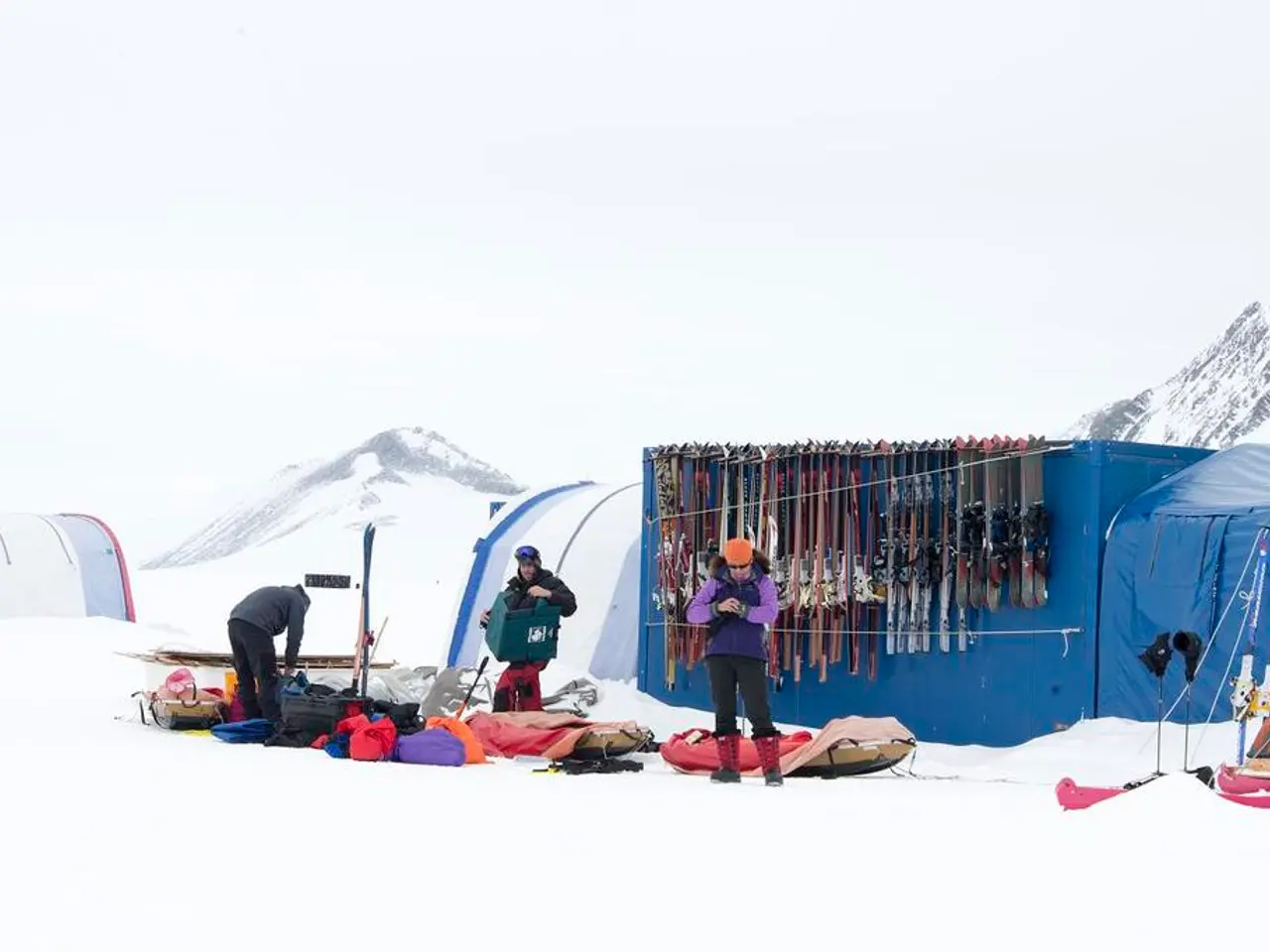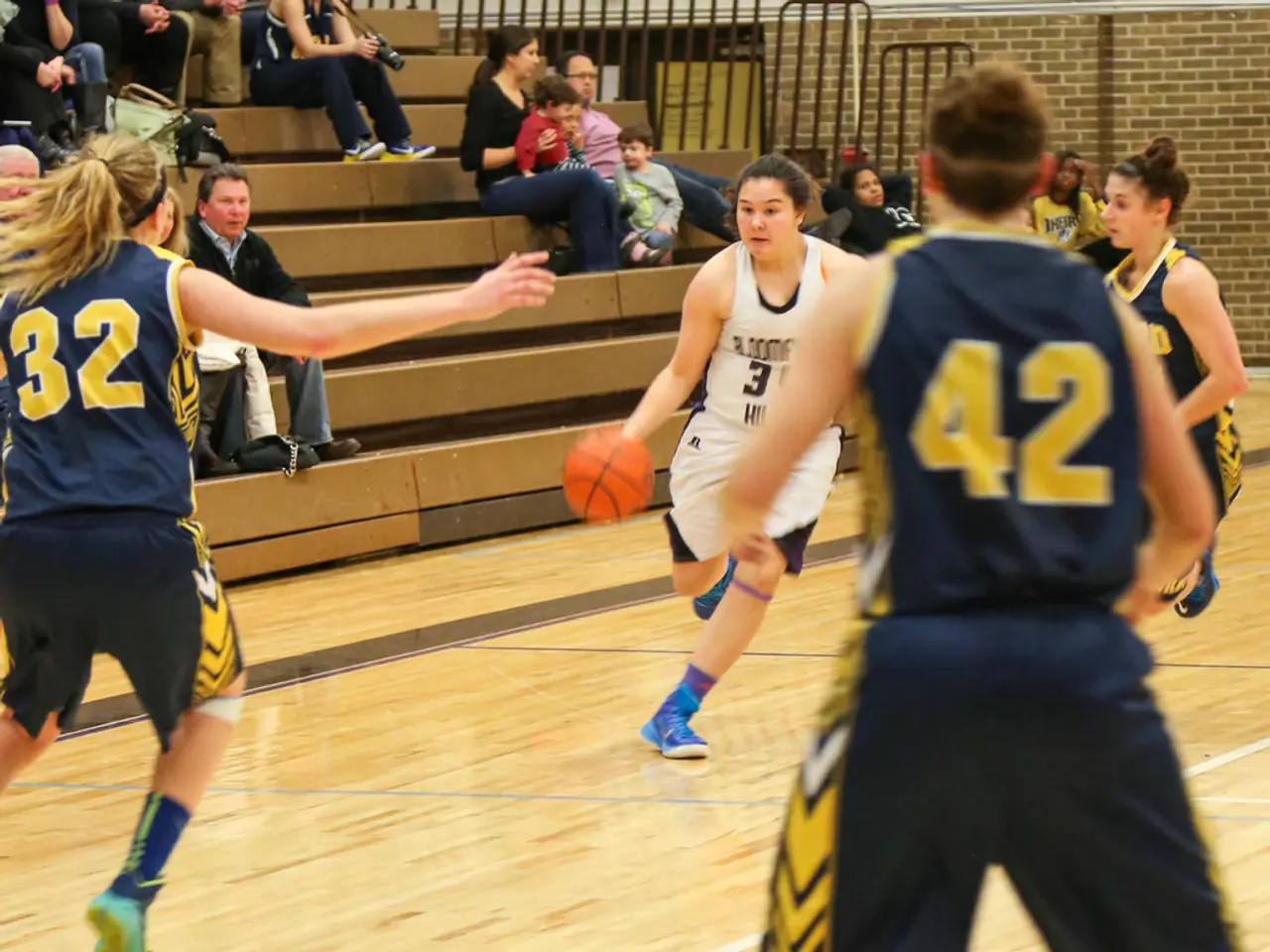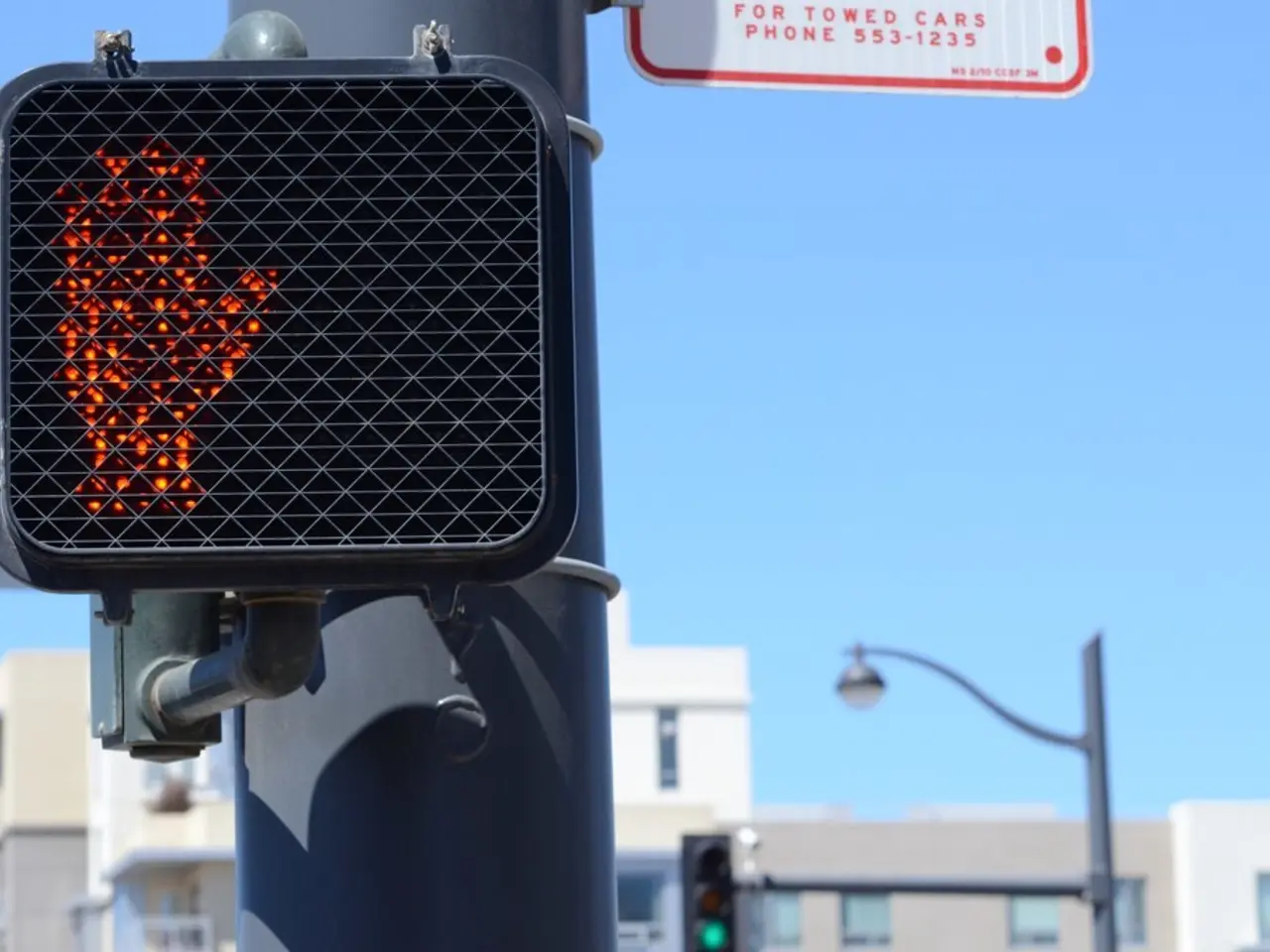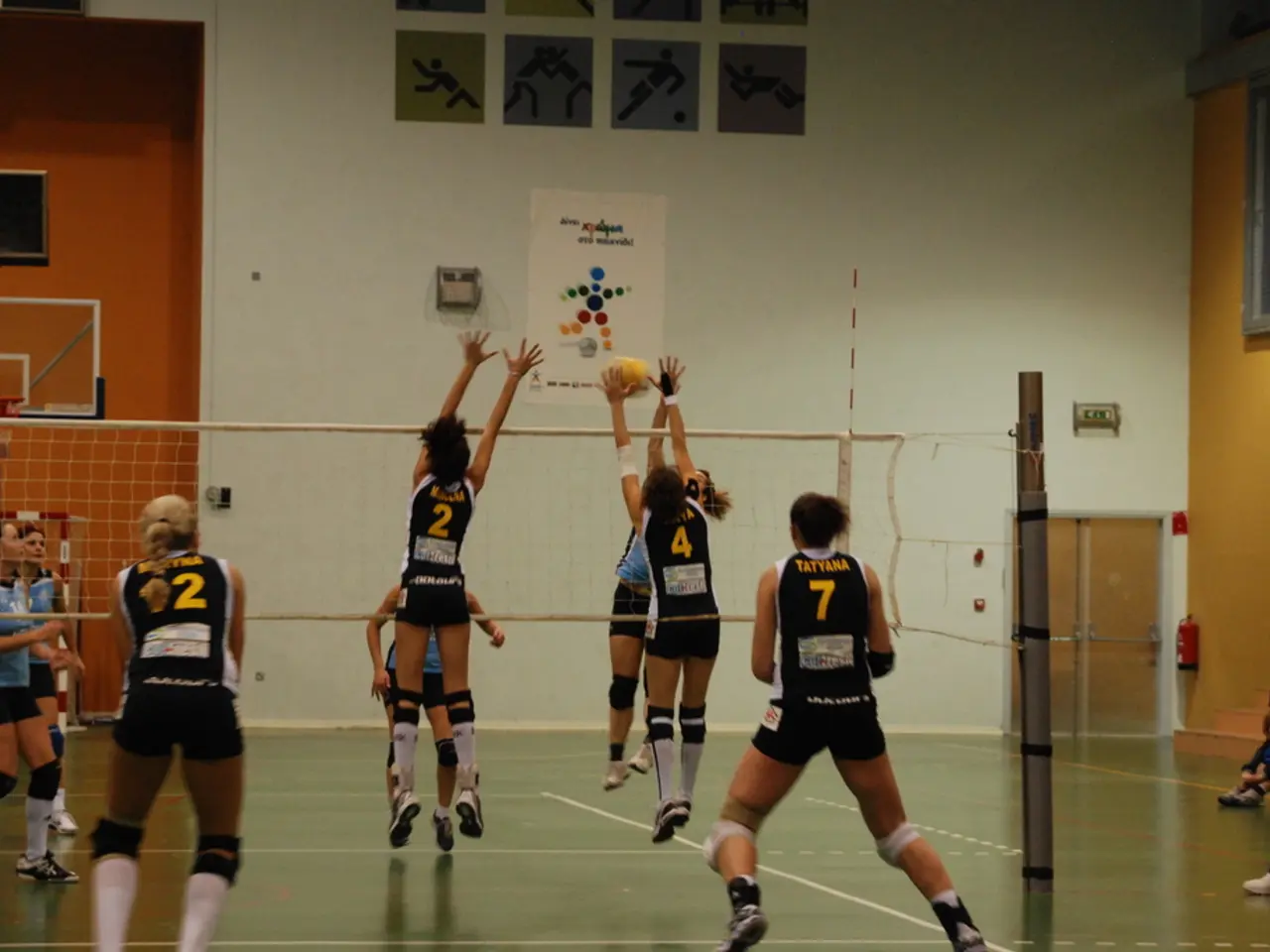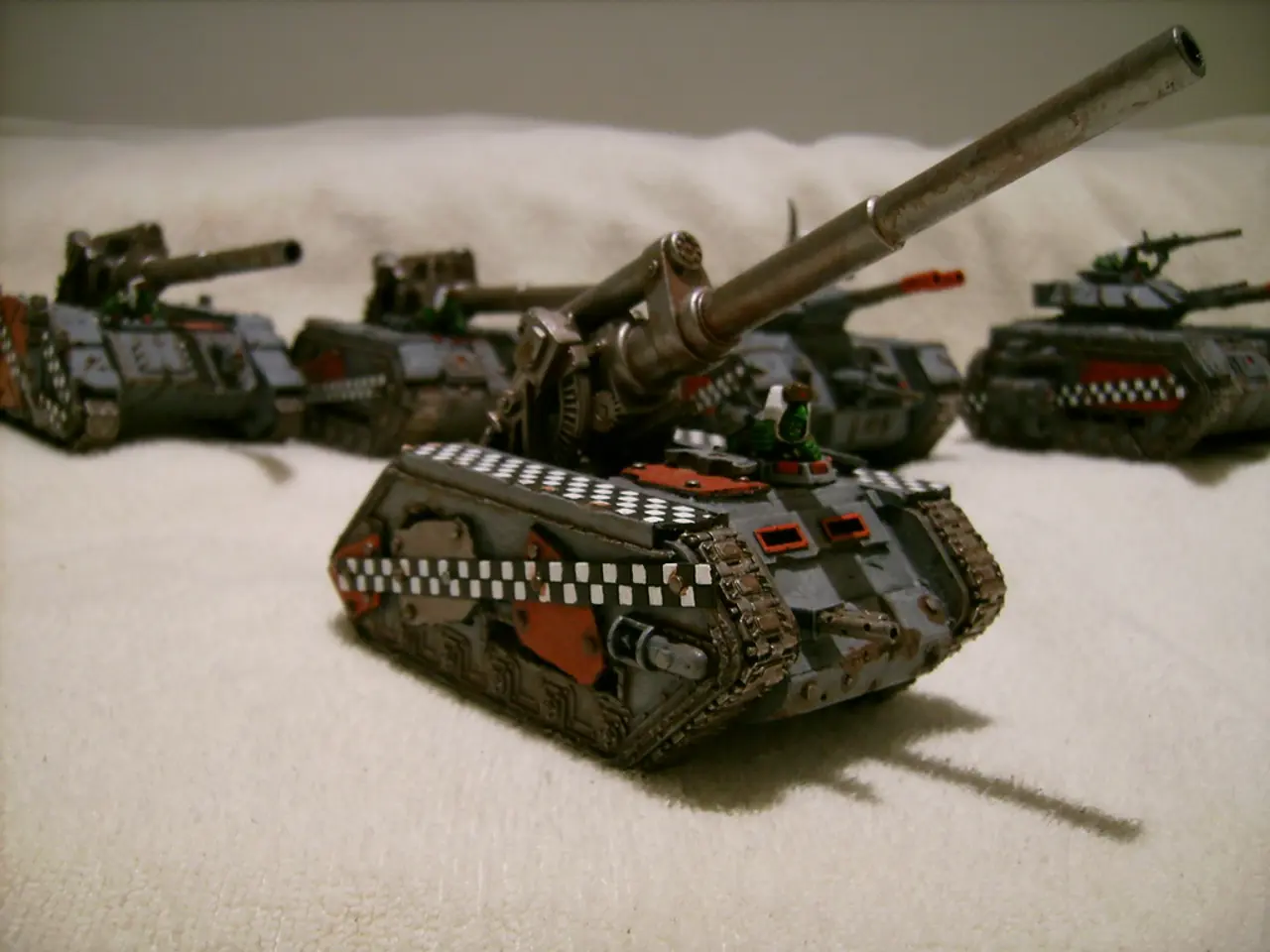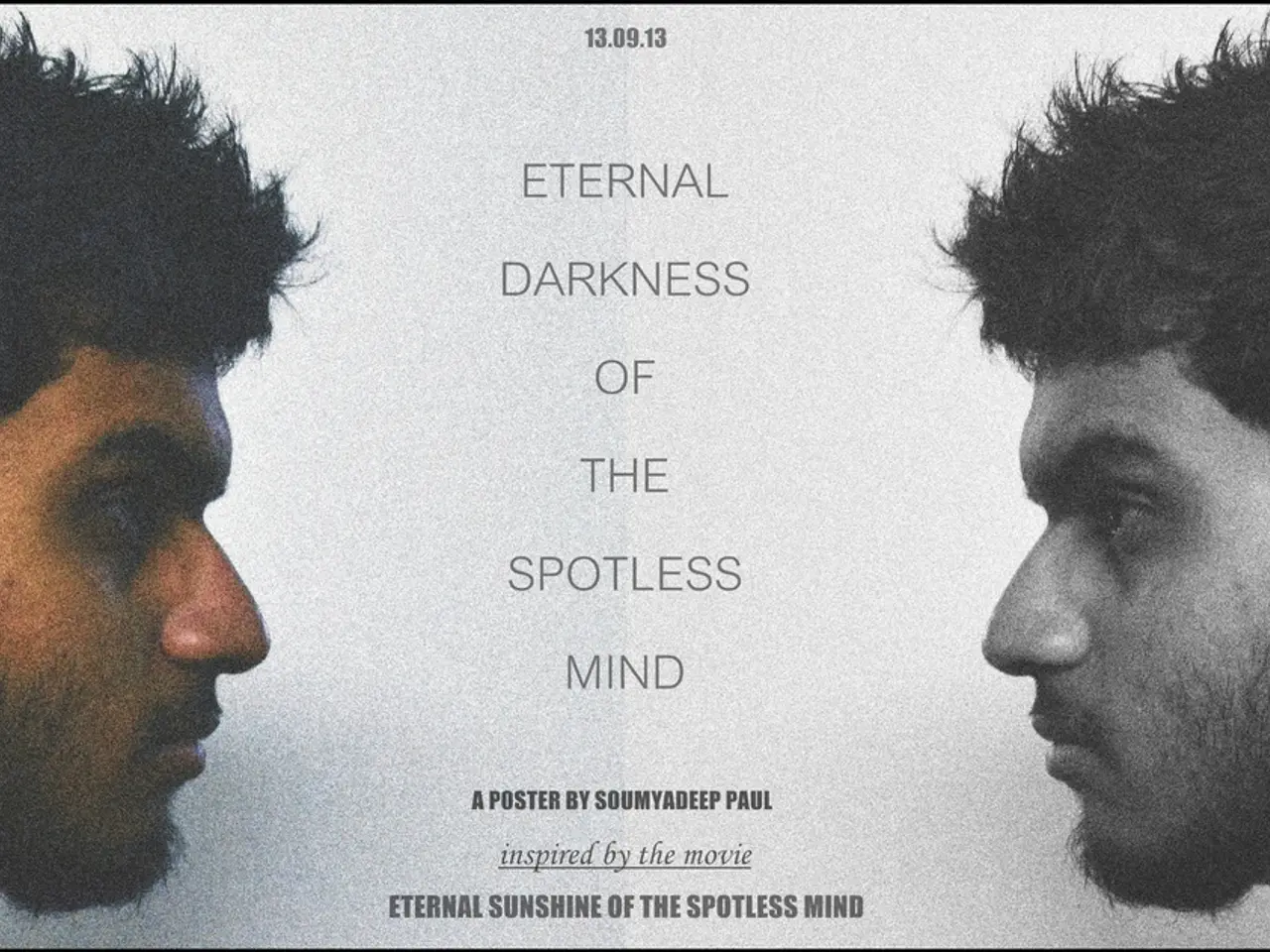Early-season skiing accident triggers urgent safety advisory
In light of a tragic skiing accident on Mt Ruapehu in June 2022, the Mountain Safety Council (MSC) has issued a series of safety recommendations for backcountry skiers during early winter. These recommendations, endorsed by Coroner Katharine Greig, aim to ensure a safer experience for all who venture into the unpatrolled ski areas of the mountain.
The accident, which claimed the life of 64-year-old Ian Malcolm Howat, a Wellington resident and experienced skier, serves as a stark reminder of the hazards that can be encountered in the backcountry. Coroner Greig concluded that Howat fell in rocky terrain while skiing in icy snow conditions, sustaining a fatal chest injury.
One of the key recommendations from the MSC is the importance of travelling with at least one skiing or snowboarding partner. This is particularly important in unpatrolled areas, where a larger party could provide more opportunities for shared decision-making and earlier awareness of accidents. The Coroner also endorsed this recommendation, having previously advocated for a minimum party size of two skiers in unpatrolled ski areas, a suggestion made by the Tararua Tramping Club.
MSC emphasizes the need for a critical awareness of environmental factors, such as surface conditions, weather changes, and group dynamics. Even if familiar with the area, skiers should always maintain a critical eye on these factors. Similarly, skiers should always read the snow report, weather forecast, and the New Zealand Avalanche Advisory to understand current conditions accurately.
The MSC's safety recommendations for backcountry skiing during early winter on Mt Ruapehu also highlight the need for serious consideration of ice sliding hazards. Skill, experience, and the appropriate equipment are essential to mitigate the risk of an uncontrollable slide. MSC recommends that backcountry users have appropriate skills and experience, the right gear, including a helmet, and in North Island mountains, crampons and an ice axe may also be necessary.
When recreating on Mt Ruapehu, it is essential to consider the sliding hazard that ice poses on both the ascent and descent. The MSC's report suggests that skiing in pairs could have provided more opportunities for shared decision-making and earlier awareness of accidents. Additionally, having an acceptable Plan B in case hazardous conditions arise unexpectedly is crucial.
The MSC is urging backcountry users to plan trips with extra care, especially given that similar early season conditions currently exist in many alpine areas across Aotearoa, particularly in the North Island. The organisation is reminding skiers to choose tracks suitable for the weather and the party's abilities, check and adjust plans based on weather forecasts, and avoid alpine routes unless fully equipped and competent.
The MSC's report also touches on psychological factors such as commitment, familiarity, and 'get-home-itis' that may have influenced Ian Howat's decisions during his skiing incident. These factors serve as a reminder that even experienced skiers should not underestimate the risks involved in backcountry skiing, particularly during early winter.
In memory of Ian Howat, and to ensure the safety of all backcountry skiers, the MSC's safety recommendations underscore the importance of preparation, equipment, caution, and starting with conservative plans in early winter backcountry skiing. By following these guidelines, skiers can help reduce the risks associated with backcountry skiing and enjoy a safer, more enjoyable experience on Mt Ruapehu.
[1] Mountain Safety Council (2022). Mt Ruapehu Skiing Fatality - Coroner's Report. Retrieved from https://www.mountainsafety.org.nz/media/1337/mt-ruapehu-skiing-fatality-coroners-report-2022.pdf
[2] Mountain Safety Council (2022). Early Winter Safety Tips. Retrieved from https://www.mountainsafety.org.nz/safety-advice/early-winter-safety-tips/
Sports, such as backcountry skiing, require careful consideration and preparations. Following tragic incidents, safety organizations like the Mountain Safety Council (MSC) issue recommendations to enhance safety. For instance, after the Mt Ruapehu skiing accident in June 2022, the MSC advised the necessity of travelling in pairs in unpatrolled areas and emphasized the importance of environmental awareness, equipment, planning, and the use of safety equipment like a helmet, crampons, and an ice axe, especially in the North Island mountains.
